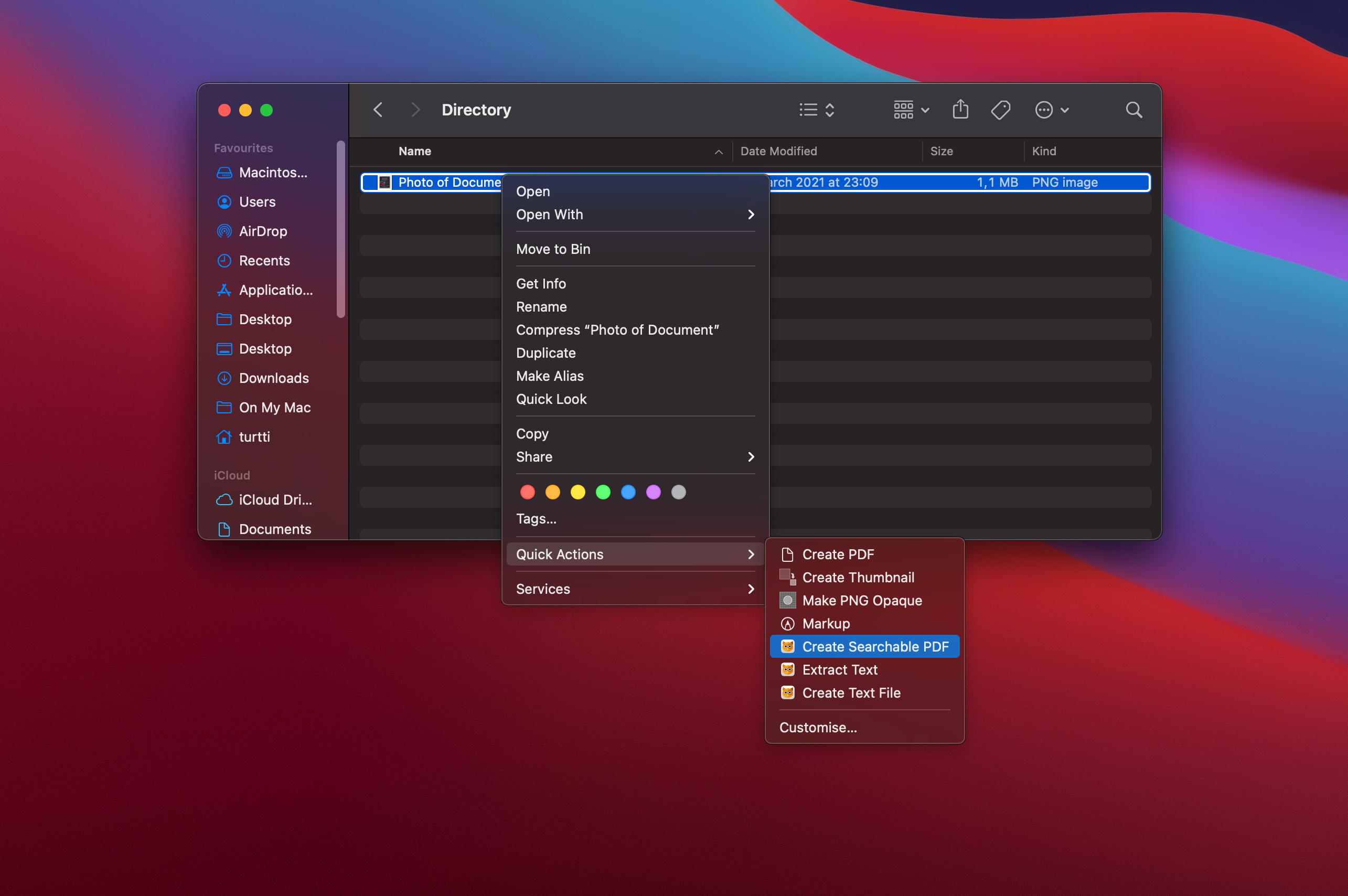

MAKING A TXT FILE ON MAC WINDOWS
Press the Windows key and "E" at the same to access Windows Explorer. Any file you need to find can be searched through it. Windows users have an extra utility in the way of Explorer. You can also open a file by selecting it on the desktop, or in the Finder application. Once the file is opened, you can view the contents of the file and make changes to it.
MAKING A TXT FILE ON MAC SOFTWARE
On a Mac computer, you can double-click a file to open the file in the software program associated with the type of file you are opening. It does not allow you to edit a file or go back and fix any errors made while creating a line in the file. The copy con method only creates a basic file. After ^Z is shown on the screen, press Enter to save the file. Once you have entered the above command, the hope.txt file is created.Īfter you have typed all the lines, you want to be in the file, press and hold Ctrl+ Z. If you cannot use any of the methods above, you can also use copy con to create a file. In MS-DOS, you can also use the type command to display the contents of a text file.Pressing the Enter will advance the output one line at a time and pressing the spacebar advances one page at a time. In the previous example, the type command displays the contents one page at a time. For large files, you can also pipe the command to more as shown in the example below. If the file is a large file, it will keep scrolling unless you press the pause key. In the example above, the command would display all of the contents of the hope.txt to the file. If you only want to view the contents of the file, you can also use the type command: type hope.txt See our start command page for further information.For example, if you have Microsoft Word installed on the computer and want to open a Word document from the command line, you would enter the following: start hope.doc The start command can also be used to open any file on your computer. In the example above, if the file "hope.txt" did not exist in the current directory, you are prompted to create a new file. You can also use the start command to open a file in a text editor, such as Notepad, using the following command. New, 64-bit versions of Windows no longer support the edit command. See our edit command page for further information on this command.

If you do not have a mouse, see the edit command page for keyboard shortcuts and other navigation tips.Īfter clicking exit, if any changes were made, you'll be asked if you want to save the file. Once you have edited the file or typed the information for the file, click File, and choose Exit. If the file does not exist, was entered improperly, or is empty, a blank window similar to the example below is shown.
MAKING A TXT FILE ON MAC PDF
You can open multiple files, such as Word documents, Excel spreadsheets, plain text files, PDF files, and more, at the same time.


 0 kommentar(er)
0 kommentar(er)
